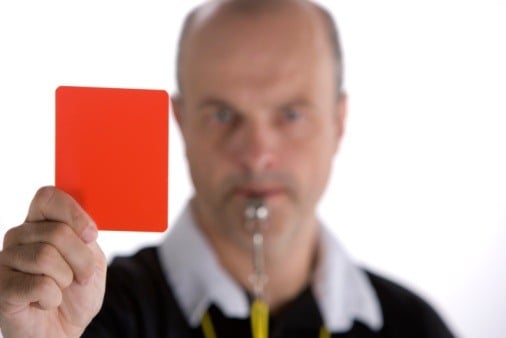 One of the most important jobs a homeowners association Board has to do is to enforce the rules of the Association. As a Board member it is part of your duty to make sure all the regulations are followed by homeowners and the Board itself. Failure to do so can lead to chaos and confusion in your community.
One of the most important jobs a homeowners association Board has to do is to enforce the rules of the Association. As a Board member it is part of your duty to make sure all the regulations are followed by homeowners and the Board itself. Failure to do so can lead to chaos and confusion in your community.
The reason a homeowners association has rules, regulations and covenants is to ensure proper order and running of the community. Without these basic tenets of organization everyone living in the neighborhood would be free to do as they pleased, leading to many issues and problems.
The only exception to following community rules would be if they conflicted with new federal or state laws. In this case the homeowners association Board can amend its rules to comply with the new governmental regulations.
Why Enforce the Rules?
Following are a few reasons why all homeowners association rules and regulations should be enforced and followed. Again, as a member of the Board it’s your duty to help enforce these rules.
Duty
First, and foremost, all owners agreed to abide by the rules when they bought into the community. Even more so, when you took the position of being an HOA board member you agreed to not only abide by, but also to enforce all the rules of your homeowners association. This is part of your duty as a Board member.
Fairness
Regulations only work if they are administered fairly across the entire community. Your Board can't selectively pick which rules to enforce and which ones not to follow. You also have to ensure that the covenants apply to the entire community. Don't let some community members ‘skirt the law’.
Financial obligations
All rules have to be followed for non-payment of normal Association fees, special assessments and fines levied against homeowners. Your community counts on assessments to have money for day-to-day operations and for larger reserve expenditures. All members must pay their assessments and the Association collection policy should be followed in relation to collecting from members that are delinquent in paying their assessments.
Risk of litigation
If the Board does not enforce the rules uniformly in your homeowners association they are opening up the entire organization to lawsuits and other legal actions. Homeowners may have a case if rules are being enforced against them and not against others in the community.
Community distrust
If your Board continually allows rules and regulations to be broken, you will lose your ability to govern the Association. Homeowners may decide that as a group the Board cannot be trusted in carrying out their duties. This will generally lead to turmoil and a very ineffective governing body in the community.
Forced actions
If members of the homeowners association feel that the Board has not taken proper actions in certain cases they have several avenues to press this issue. As a Board you do not want to be in the position where the membership needs to try to force you to do your duty. This will reflect very poorly on the Board.
There may be times when the Board feels that a rule, regulation or covenant is not fair or just anymore. The Board can take steps to begin the process of amending or changing these. You are not always bound by the rules. Sometimes changing the rules is appropriate to make governing the Association a little easier.
Your job as a homeowners association Board member is important and often tough. It's essential for the entire Board to enforce all rules in the community with fairness and compassion. This will help ensure a smooth running community association where members of the neighborhood will feel they are being treated fairly and just the same as everyone else.

.jpg)








